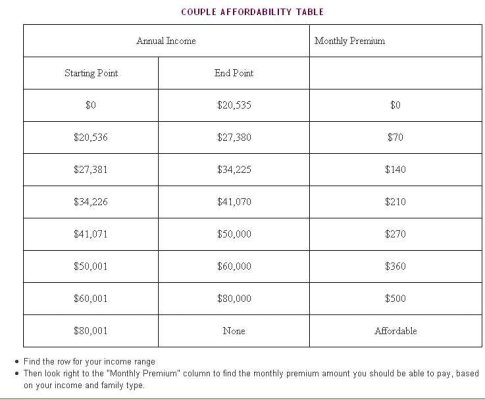Excite News - Deadline Near for Mass. Health Insurance
Let's hope this works. At the bottom of the article is a link to the coverage site. While coverage is not cheap if you are buying it yourself, for about $1,200 per month, a family can have coverage, including prescriptions, with minimal deductibles and copays. I certainly cannot get that now where we live, and is part of the reason I am still working, or at least feel the need to.
I hope that through efforts like this and the 2008 elections, something will finally happen nationally.
Let's hope this works. At the bottom of the article is a link to the coverage site. While coverage is not cheap if you are buying it yourself, for about $1,200 per month, a family can have coverage, including prescriptions, with minimal deductibles and copays. I certainly cannot get that now where we live, and is part of the reason I am still working, or at least feel the need to.
I hope that through efforts like this and the 2008 elections, something will finally happen nationally.

 .
.